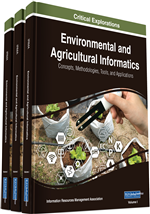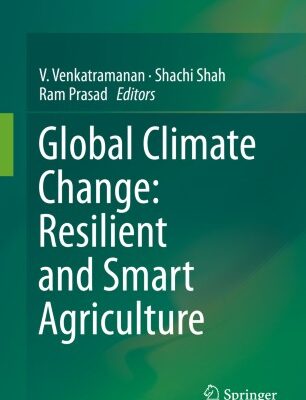Suchiradipta, B., and Saravanan, R. (2020). ICTs for Agricultural Development and Food Security in Developing Nations. In Management Association, I. (Ed.), Environmental and Agricultural Informatics: Concepts, Methodologies, Tools, and Applications (pp. 462-484). IGI Global. http://doi:10.4018/978-1-5225-9621-9.ch022 (Reprinted chapter-2020)
Abstract:
Development has many faces and complete well-being of human population is the most important one of them which in more than one ways involves agriculture and the farming population. Providing needed information at the right time to the rural population is the first step in their empowerment and ICTs can play an immensely important role in providing that information increasing the dialogue between development professionals and rural people at every stage of development process. According to recent statistics released ITU, over the last 15 years, ICTs have grown in unprecedented ways providing huge opportunities for social and economic development and this growth can be an advantage to rural advisory services. Providing correct and personalized information needs expert opinions and so multi-stakeholder engagement makes the process more efficient and ICTs provide a very unique and important platform for such collaboration, thus bringing together different stakeholders for efficient partnership. The various tools and technologies can also be tailored according to the needs of end users. But in spite of the advantages, ICTs can only be universally accepted and used when the challenges of accessibility, acceptability, funding, and sustainability are overcome. There are no formula for sure success with ICTs and situation is the best determinant of the strategy to be used and so, a balanced and strategic use of ICTs depending on the clients’ needs can best utilize its potential for agricultural development and food security in developing nations.

